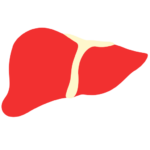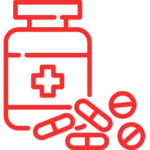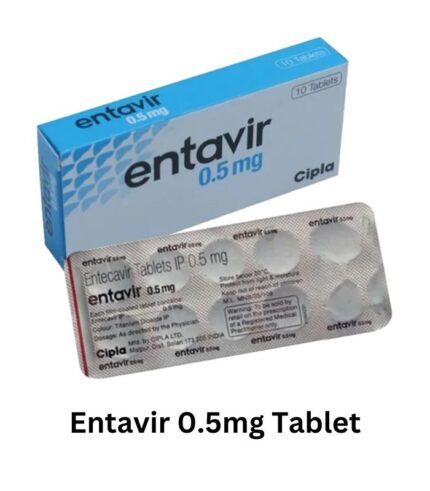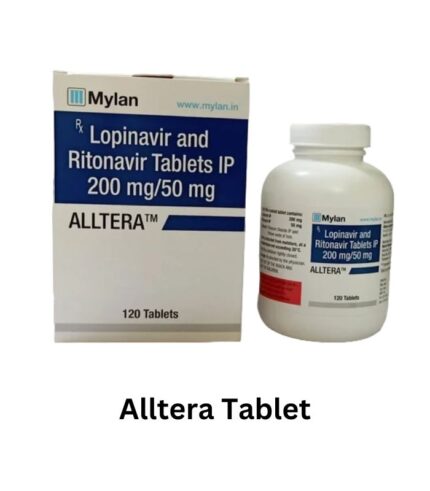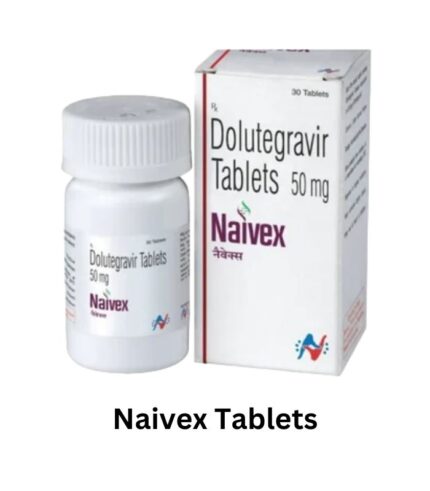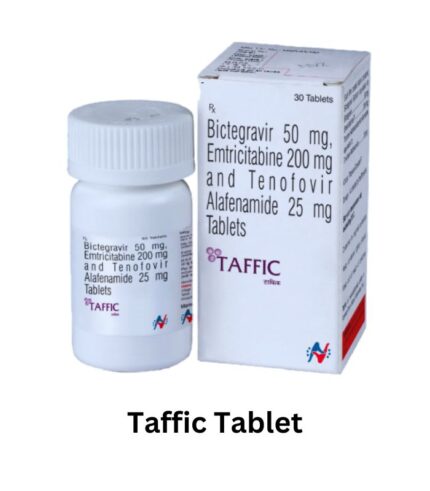Introduction of Abamune Tablet
Abamune Tablet are widely used as part of antiretroviral therapy to treat HIV infections. They help control the viral load and slow down the progression of the disease, potentially preventing it from developing into AIDS. Regular screening and consultation with a doctor are essential before and during the treatment.
Salt Composition of Abamune Tablet
Abamune Tablet contain Abacavir, a nucleoside reverse transcriptase inhibitor (RTI), which blocks viral replication by binding to viral DNA.
Uses of Abamune Tablet
Abamune Tablet are used in the treatment of HIV infections as part of a comprehensive antiretroviral therapy. They help reduce the viral load and prevent HIV from progressing into AIDS.
Benefits of Abamune Tablet
- Helps reduce HIV viral load
- Prevents the progression to AIDS
- Can be used as part of combination therapy to improve overall HIV management
Side Effects of Abamune Tablet
Common side effects include:
- Fatigue
- Headache
- Nausea and vomiting
- Skin rash
- Fever and chills
- Dizziness
- Abnormal dreams
How to Use Abamune Tablet
Take Abamune Tablet as directed by your doctor. Swallow the tablet whole with water, and it can be taken with or without food. Ensure you take it at the same time daily for the best results.
How Abamune Tablet Work
Abacavir, the active ingredient in Abamune Tablet, is a nucleoside reverse transcriptase inhibitor (RTI). It binds to the viral DNA and prevents the replication of the HIV virus, reducing the viral load and slowing disease progression.
Safety Advice for Abamune Tablet
- Avoid driving or operating heavy machinery as the medication may cause dizziness.
- Patients with liver disease or a history of hypersensitivity should consult their doctor before use.
- Pre-therapy screening is required to avoid hypersensitivity reactions, which can mimic HIV symptoms.


